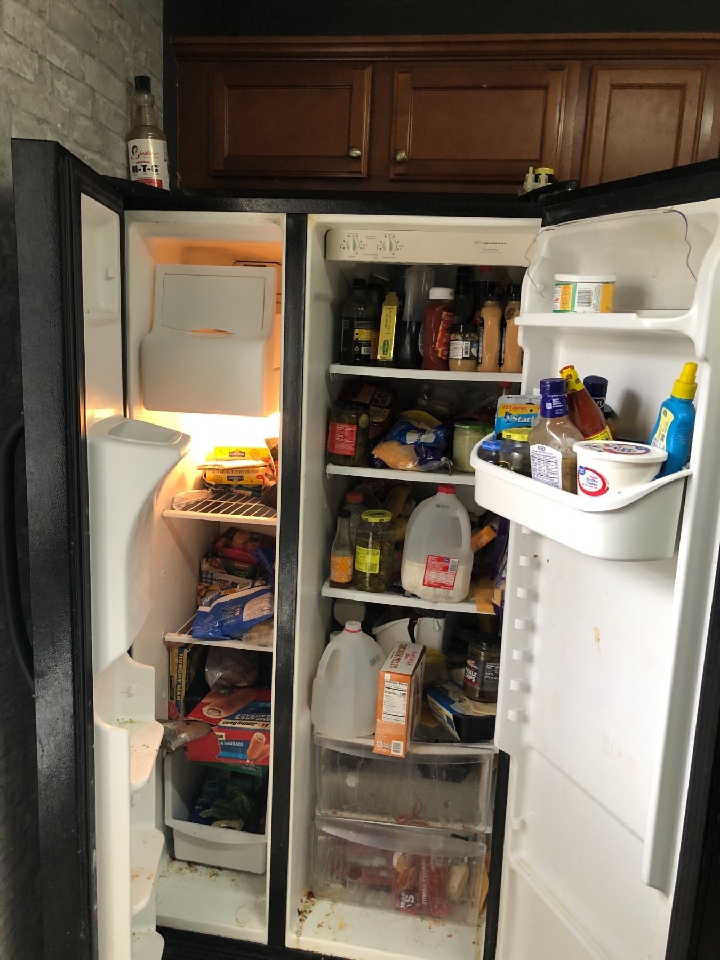
If you haven't scheduled appliance removal service before, it's likely you've not had the opportunity to dispose of common household appliances. The fact of the matter is, whether it's an oven, microwave, clothes washer, clothes dryer, dishwasher, or a refrigerator, it's simply not possible to throw it out or even leave it on the curb for local trash collection pickup. There are several reasons for this and all fall under the broad category of posing personal safety and environmental dangers. That's just one fact about what you should know about refrigerator removal and there are more.
What You should Know about Refrigerator Removal
When you are ready for appliance disposal, because you need to install a new unit or are starting the process of remodeling a property, there are things you can and cannot do with household appliances. You can try to sell and/or donate used appliances, but should not resort to illegal dumping if in bad condition. Refrigerators are of particular concern because these appliances contain a biological hazard — freon. This coolant is regulated under the 1987 Montreal Protocol, to help protect the environment.
Refrigerators are bulky appliances that pose environmental problems when it's time for their disposal. According to the U.S. Environmental Protection Agency, older refrigerators may contain ozone-depleting chlorofluorocarbons or hydrochlorofluorocarbons and other dangerous chemicals. Despite that, the appliance still has valuable metals, glass and plastic that can be recycled. You can't dismantle the non-working refrigerator on your own to separate the recyclable parts. –San Francisco Gate
In fact, the 1990 Clean Air Act, states explicitly no items, including appliances, containing CFCs (chlorofluorocarbons) and/or HCFCs (hydrochlorofluorocarbons), are to be accepted by any agency, unless demonstrable proof of CFCs and/or HCFCs is provided. That's significant, which makes disposing of a refrigerator all-the-more difficult, especially one that's in non-working order. Here are a few suggestions for getting a refrigerator out of your property without violating the law:
- Recycle the refrigerator. If you are buying a new refrigerator, chances are good the retailer will provide a recycling option in exchange for your purchase. However, if you are buying from a used appliance dealer, this might not be an option, specifically if the refrigerator is in bad and/or non-repairable condition.
- Sell the refrigerator. If the refrigerator is in good working condition and isn't an eyesore, you might be able to sell it. If you do decide to sell it, don't be aggressive with the price; instead, sell it for a steal and you'll be rid of it quickly while still putting a little cash in your pocket.
- Donate the refrigerator. There are a number of organizations which will welcome a used, working condition refrigerator. Reach out to local animal shelters, charities, churches, and schools. You'll probably discover an eager taker who will pick it up.
- Repurpose components. You can disassemble the refrigerator partially and use the shelves and drawers for other purposes. The biggest downside of this option is that you'll still have the rest of the appliance to deal with thereafter.
When you have need refrigerator disposal from your house, a rental property, office, or commercial space, pickup the phone and call 800-433-1094 or visit AAA Rousse Services. We serve all of Florida and have a location nearby to serve you, on-site, when and where you need.

